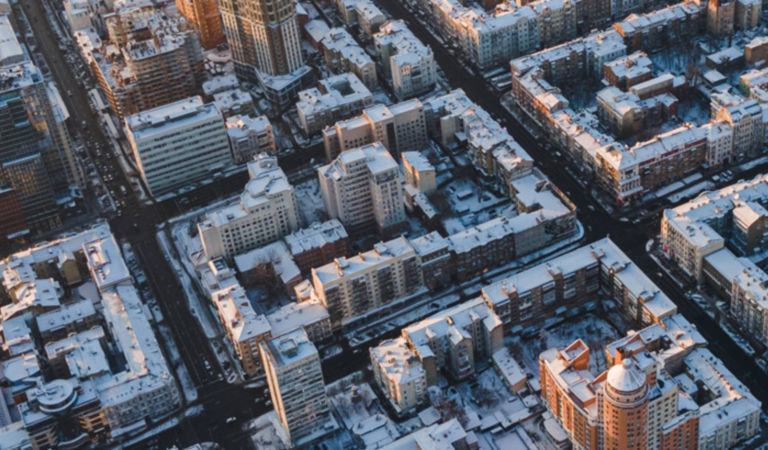3. Within Russia both the repression and the economic downturn intensify
The level of repression is increasing rapidly. This includes a ban on Facebook and Twitter, the departure of most, if not all, foreign reporters and the closure of any remaining independent Russian news agencies. The Russian parliament has also approved a new law threatening to jail anyone deemed to have spread “fake” news on the invasion.
There are reports of changes to personnel in the security services. Last week, central bank Governor Elvira Nabiullina tended her resignation, but this was refused by Putin. The ratcheting up of sanctions continues apace, including the US ban on imports of Russian oil, liquefied natural gas and coal. I think the withdrawal of brands such as Coca Cola and McDonald’s is significant symbolically. Counter-sanctions have also begun, including a ban on exports such as wood. Given Russia’s dominance in many commodities, there is significant scope for escalation. In addition, the Putin administration has drawn up plans to allow for the nationalisation of businesses that are partly owned by foreign entities. Finance Minister Anton Siluanov also indicated that Russia envisages repaying its debt in roubles if the freezing ban on its external reserve assets is not lifted.




